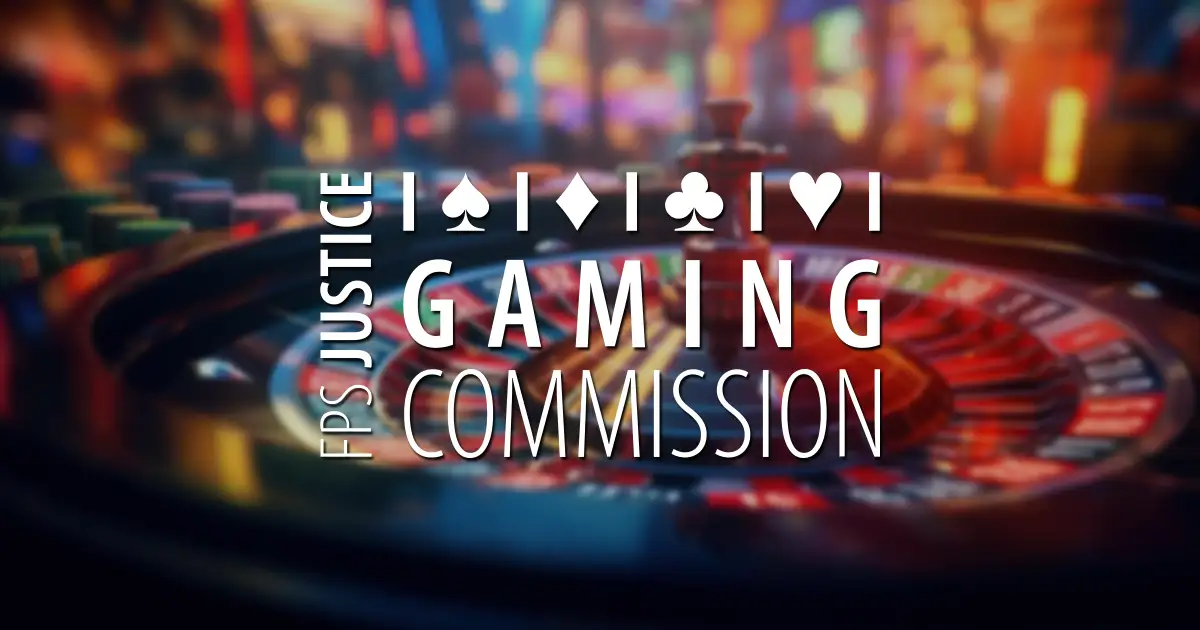Virtual betting with F1+ License prohibited: Clarification
In an important ruling on October 7, 2024, the Council of State prohibited gambling operators holding an F1+ license from offering virtual betting on Belgian territory. Here is the explanation of this decision.
In its judgment of October 7, 2024 (No. 260.939), the Council of State addressed the question, raised in various proceedings, of whether virtual betting (i.e., betting on events that do not occur in the real world) is permitted under the provisions of the Gambling Act. This issue, among others, was addressed following yet another annulment appeal filed by Rocoluc, Fremoluc, and a natural person, this time against the Gaming Commission’s decision to grant an F1+ license to Tiercé Ladbrokes, allowing the offering of online betting.
Position of the claimants
The claimants in this procedure argued that the contested decision (i.e., granting the F1+ license) permits the license holder to offer virtual betting, even though they believe such “automated” games can only be operated by holders of a B, B+, or F2 license. They contended that the Gambling Commission had implicitly, but certainly, granted such authorization for virtual betting.
The Gaming Commission’s defense
The Gaming Commission, acting as the respondent, argued that the parliamentary preparatory work for the Law of May 7, 2019, explicitly provides that the Commission may act against certain (betting) events that could be susceptible to fraud. It asserted that the legislative texts and their preparatory work clearly show that its authority to act extends to all possible types of bets, without limitation—including those on virtual events.
Virtual betting found to violate the Gambling Act
In its assessment, the Council of State first observed that the documents accompanying the license application (notably the game rules applicable to virtual betting) explicitly referenced offering bets on virtual events. This seemed to confirm that the Gambling Commission had indeed, at least implicitly, authorized this type of betting.
The Council further clarified that the license holder (F1 / F1+) is allowed to organize bets that meet the definition provided in (Article 2 of) the Gambling Act. The definition of a bet, according to the Gambling Act, refers to “the realization of an uncertain event that occurs without the intervention of players.” The Council followed an earlier judgment (ruling of September 19, 2019, No. 245.497) to stipulate that this uncertain event must be a “real event.” Virtual bets, whose outcome does not depend on a real event, fall outside this definition.
Although there is an exception for automated games of chance in physical betting offices (Class IV), the Council ruled that this exception does not apply to online betting.
The Council of State therefore concluded that the contested decision of the Gambling Commission, by allowing the license holder to offer bets on events that are not real, violates several provisions of the Gambling Act.


